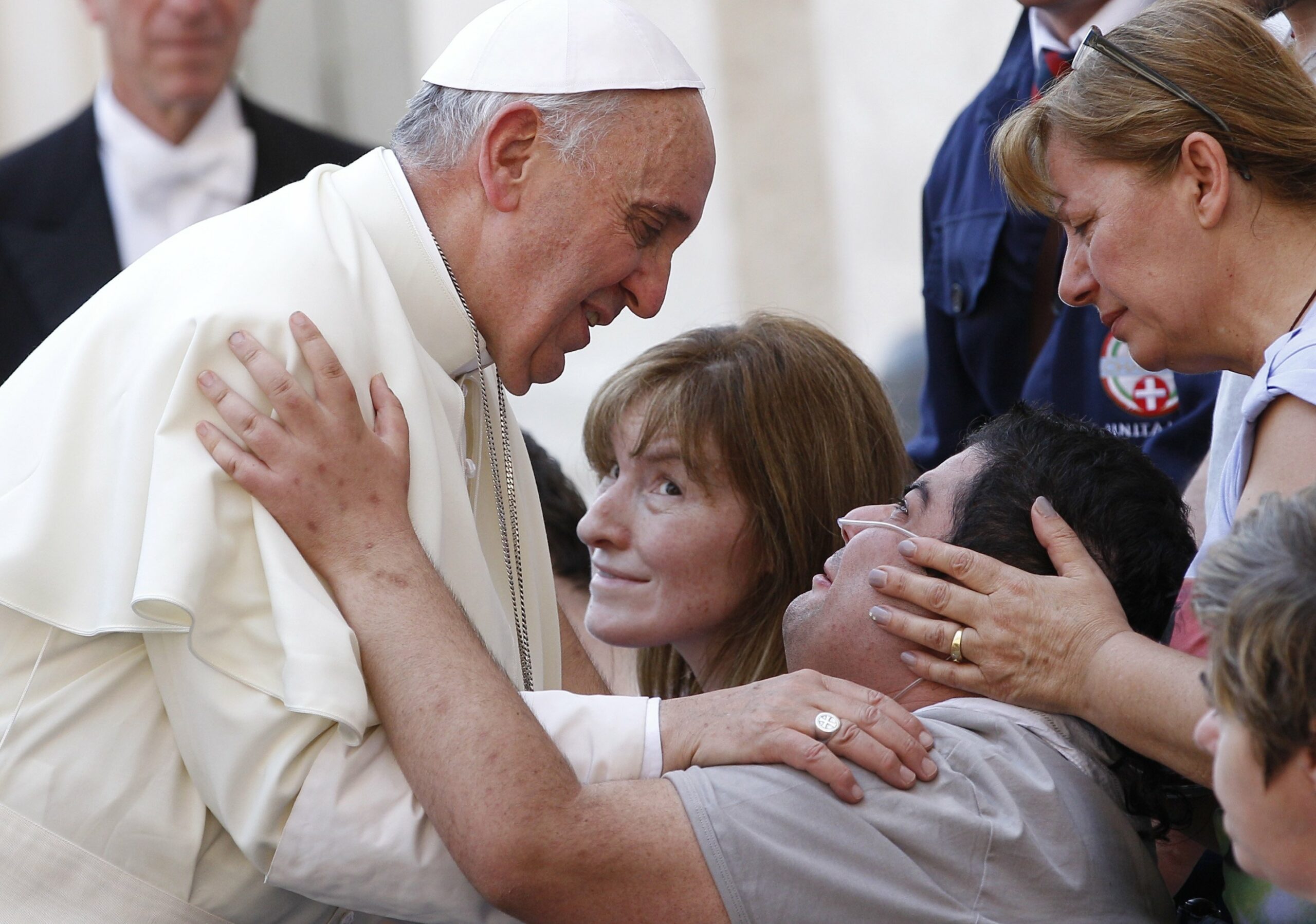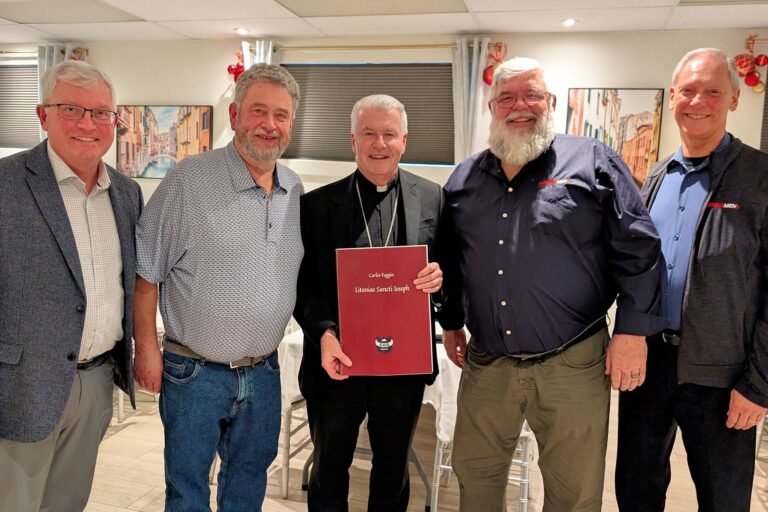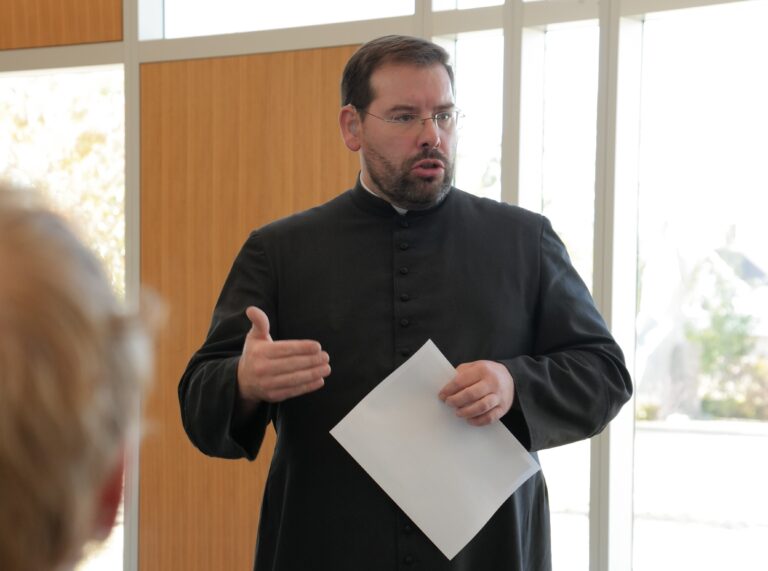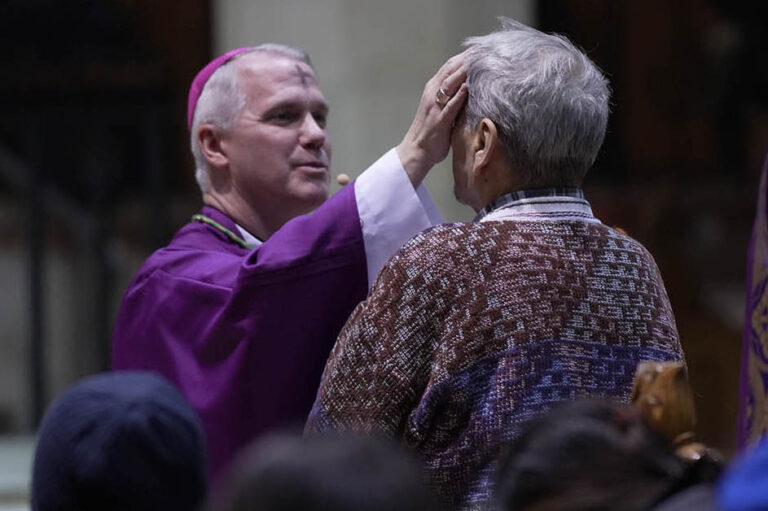The speaker stood at the front of the room, holding up an old $50 bill and asked, “who wants this?” Immediately, every hand went up. After dropping it on the ground and pouring his coffee on it, he asked again “who still wants this?” Again, every hand went up. Finally, he took a scoop of dirt, and dropped it onto the $50 bill. He bent down and picked this old, wet, grimy $50 bill, held it for everyone to see, and asked a third time, “who still wants it?” Most of the hands in the room went up once again, because despite the filthiness it still had great value.
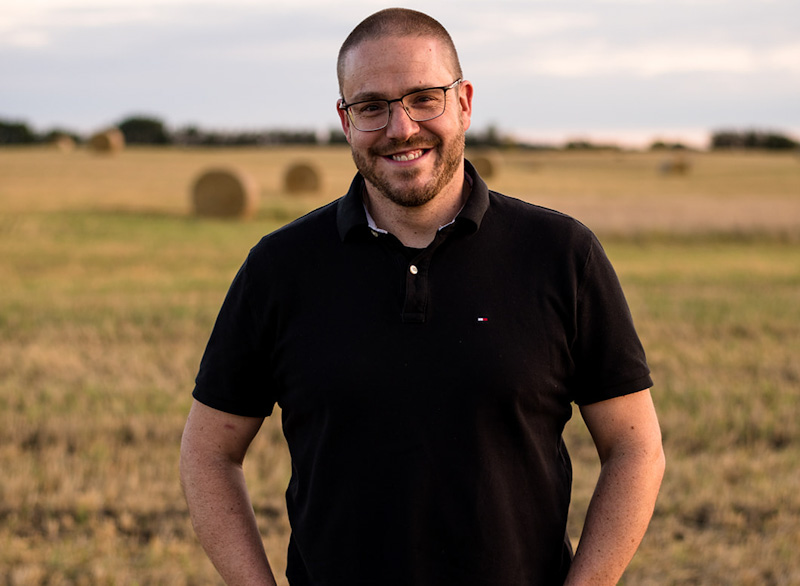 The point he was trying to make was that what we believe about the worth of money is even more true for everyone in his audience. Every person there – every person that exists – is a person created with dignity, value, and worth, which can never be obscured no matter where they go, what they do or what happens to them:
The point he was trying to make was that what we believe about the worth of money is even more true for everyone in his audience. Every person there – every person that exists – is a person created with dignity, value, and worth, which can never be obscured no matter where they go, what they do or what happens to them:
“Every person, from the first moment of his life in the womb, has an inviolable dignity, because from all eternity God willed, loved, created, and redeemed that person and destined him for eternal happiness… Christians believe that human dignity is, in the first place, the result of God’s respect for us.” –YouCat 280
Properly understanding the Church’s teaching on human dignity is a good starting point when looking at the Church’s teaching on morality. It’s precisely because we have this dignity, value, and worth that God asks more of us than He asks of any other creature in the created world. Therefore, we don’t assign moral responsibility to animals; we can know the difference between acting rightly and acting wrongly. We can strive for the things that are good for us or we can seek after other things:
“God created us as free men and wills our freedom so that we might decide wholeheartedly in favor of the good, indeed for the greatest ‘good’ – in other words, for God.” –YouCat 286
If we can identify certain things as ‘goods’ which we are meant to decide wholeheartedly for, that means that there are also evils we are meant to avoid. It is precisely here that a lot of people find Christianity to be frustrating. To do good (and avoid evil) seems to imply that God is limiting who we are and what we do – and those who are not ‘limited’ by the tenets and commandments of Christian faith seem to be so much free to do whatever they want, while we are limited by God’s commandments. But that’s not how we should understand the Christian moral life. Consider an athlete who dedicates herself to training for years to peak at an Olympic competition – she won’t regret what she might sacrifice for a once-every-four-years opportunity.
Spiritually speaking, we sacrifice and learn self-discipline in pursuit of a dream far greater than the Olympics. We seek fulfilment in this life and happiness in the life to come.
What makes all the difference here is whether we trust the one who is telling us what to do.
The athlete trusts her coach in view of her goal: Olympic success. If we trust that God is love, then His expectations for us isn’t about limiting our experiences, but rather about discovering the fullness of life (see John 10:10). If we don’t and view God instead as a tyrant, we will find reasons to disagree with His instructions and commandments and we make choices to ignore what God asks of us.
There are moments when every one of us falls short of the God-given dignity to which we are called. We call these moments sin: “A sin is a word, deed, or intention by which man deliberately and voluntarily offends against the true order of things as God’s loving providence has arranged them” (YouCat 315). We sin when we fail to love God with our whole heart and when we fail to love our neighbor as ourselves. Sadly, we all sin, and when we become aware of our failures, we feel the burden of guilt and shame. We can begin to question our worth and whether or not we deserve to be treated with dignity.
But it’s here that we need to remember the lesson of the $50 bill. No matter how old, how wet, or how dirty it was – it always had value. And it could easily be cleaned up. The same thing is true for us. When we find ourselves weighed down by our sins, we need to remember it is precisely for this reason that Christ left us the Sacrament of Reconciliation. Yes, God has high standards for us, but His mercy is lavish and easily accessible. We simply need to ask.
“In many passages in Sacred Scripture, God shows that he is merciful, especially in the parable of the merciful father (Luke 15) who goes out to meet his prodigal son, accepts him unconditionally, and celebrates his return and their reconciliation with a joyful banquet.” –YouCat 314
-This is part of a series on the Youth Catechism. Mike Landry is Catholic Youth Camp director for the Archdiocese of Edmonton. He is also chaplain for Evergreen Catholic Schools, serving 10 schools west of Edmonton. Mike and his wife Jennifer live in Stony Plain with their five children.

